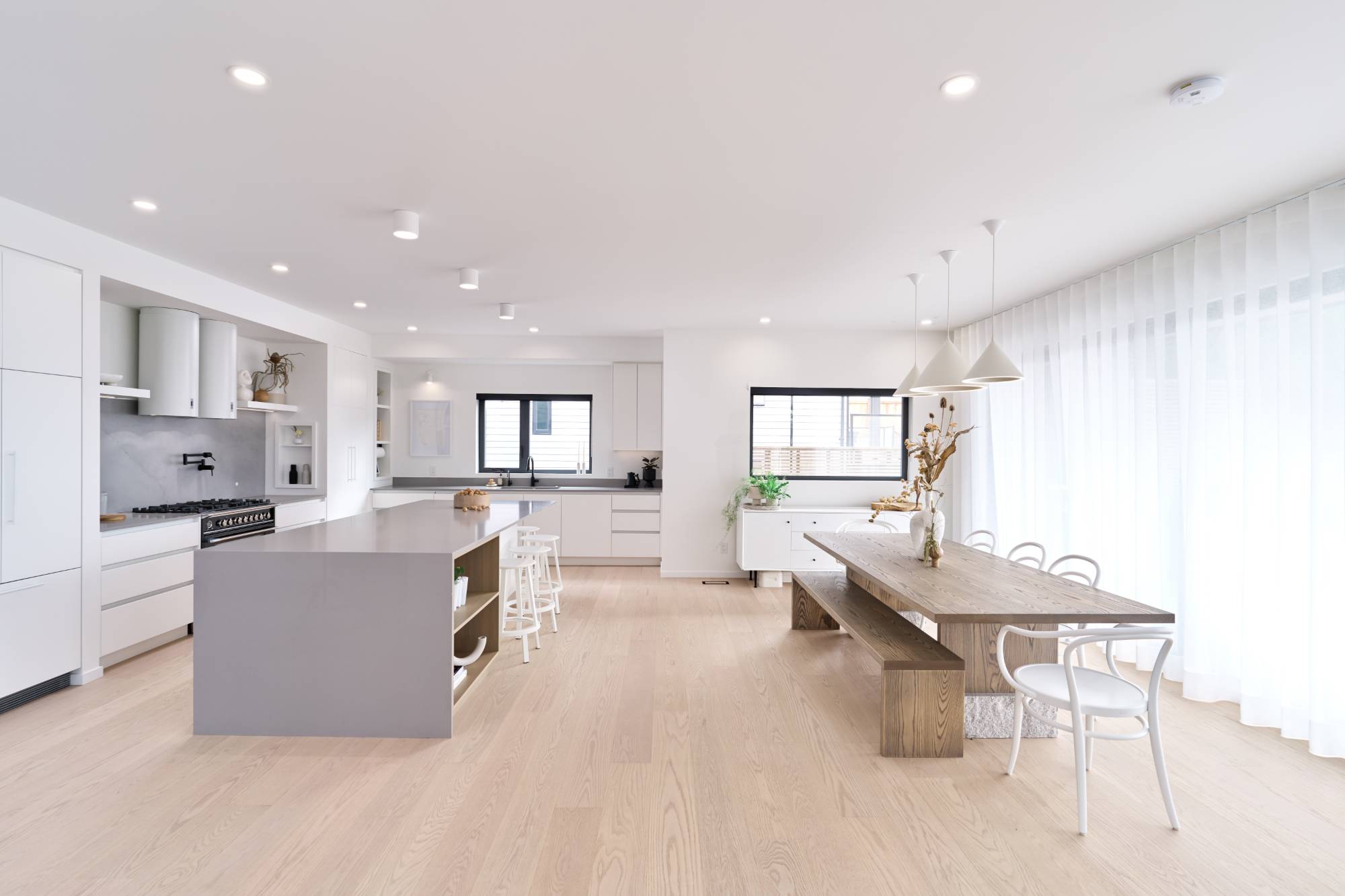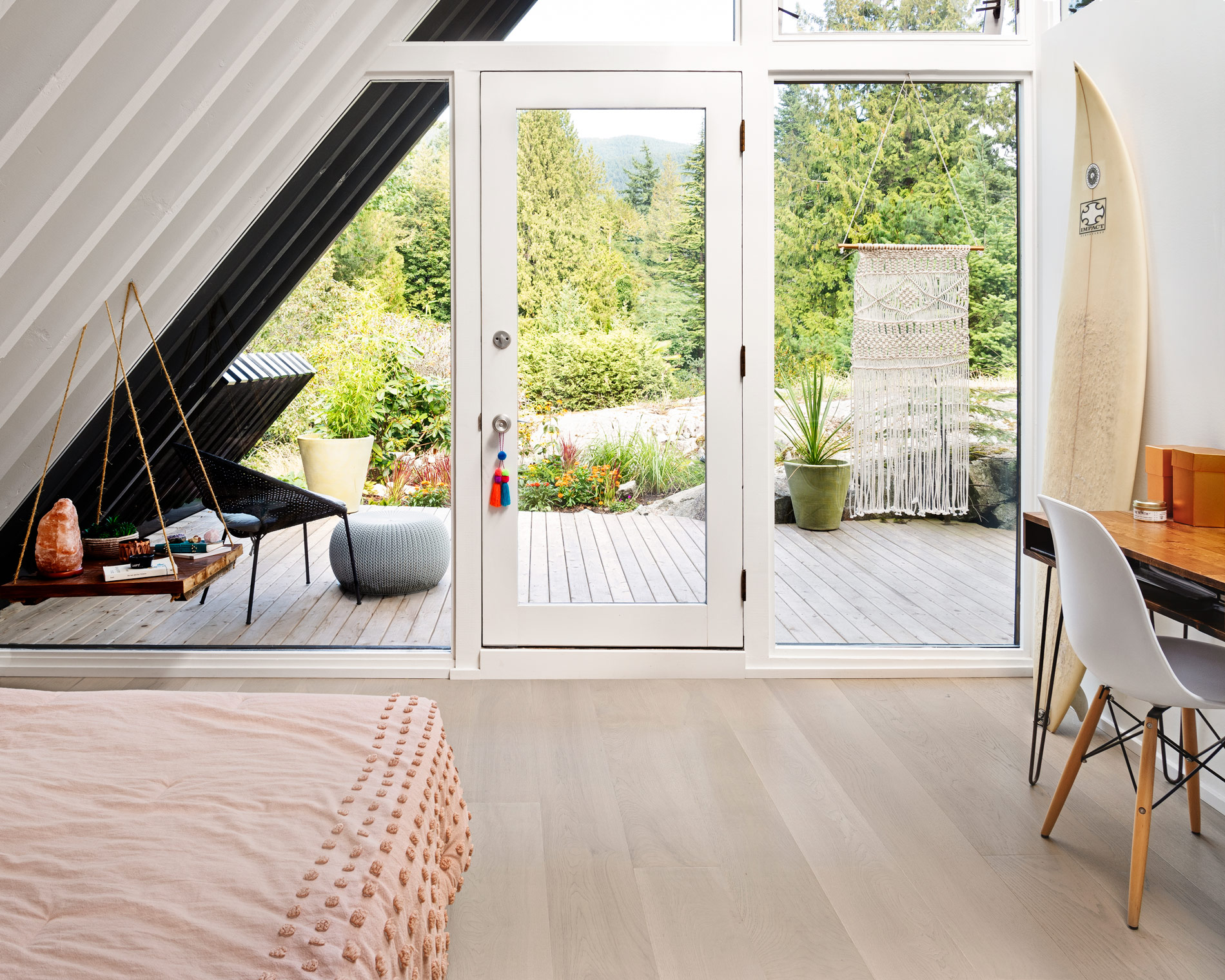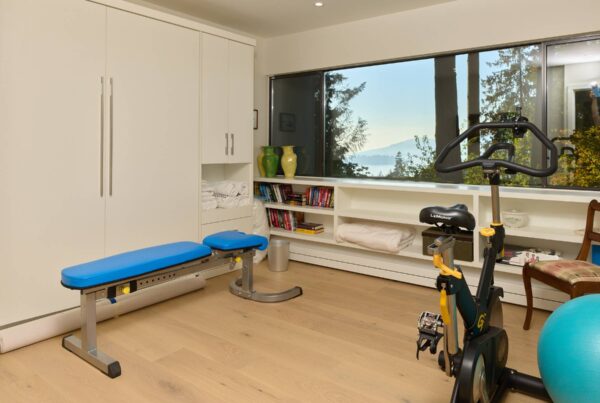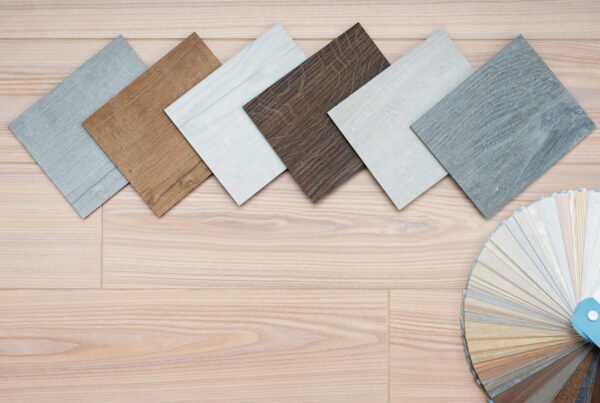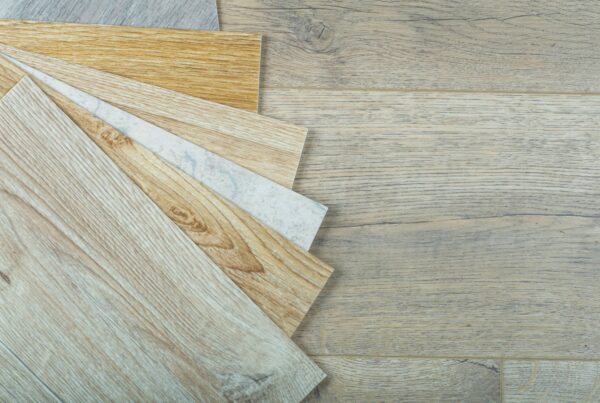When it comes to flooring options for your Vancouver home, the choice between engineered hardwood and vinyl floors can be a pivotal decision. Each flooring type comes with its own set of advantages and considerations, making it essential to weigh the pros and cons before making a final decision. Let’s delve into the nuances of engineered hardwood flooring and vinyl floors from a Vancouver homeowner’s perspective to help you make an informed choice for your space.
Pros and Cons of Engineered Hardwood Flooring
Engineered hardwood flooring offers a blend of natural beauty and durability, making it a popular choice among homeowners in Vancouver. One of the key advantages of engineered hardwood is its authentic wood appearance, which adds warmth and elegance to any room. Additionally, engineered hardwood is more resistant to moisture and temperature fluctuations compared to solid hardwood, making it suitable for areas with higher humidity levels like Vancouver.
However, it’s essential to consider the cost factor associated with engineered hardwood flooring. While it provides the aesthetic appeal of hardwood, it tends to be more expensive than vinyl floors. Additionally, engineered hardwood may require professional installation, adding to the overall project cost. Despite these considerations, many Vancouver homeowners appreciate the timeless appeal and long-term value that engineered hardwood flooring brings to their homes.
Pros and Cons of Vinyl Floors
Vinyl floors have gained popularity in recent years, offering a versatile and cost-effective alternative to traditional flooring materials. One of the primary advantages of vinyl flooring is its affordability, making it an attractive option for budget-conscious homeowners in Vancouver. Vinyl floors are also highly durable and resistant to scratches, stains, and water damage, making them ideal for high-traffic areas such as kitchens and bathrooms.
On the downside, vinyl floors may lack the natural aesthetic of hardwood, which could be a drawback for homeowners seeking a more authentic look and feel. Additionally, while vinyl flooring is relatively easy to install, it may not offer the same long-term durability as engineered hardwood. Despite these considerations, many Vancouver homeowners appreciate the versatility and low maintenance requirements of vinyl floors, making them a practical choice for modern living spaces.
Durability and Maintenance: A Comparative Analysis
When it comes to durability and maintenance, both engineered hardwood and vinyl floors have their strengths and weaknesses. Engineered hardwood flooring is known for its robustness and longevity, with proper care and maintenance ensuring its beauty and integrity for years to come. However, engineered hardwood may require periodic refinishing to maintain its appearance, especially in high-traffic areas.
In contrast, vinyl floors are highly durable and resilient to wear and tear, requiring minimal maintenance to keep them looking their best. Unlike engineered hardwood, vinyl floors are resistant to scratches, stains, and moisture, making them easy to clean and maintain. While both flooring types offer durability, vinyl floors may have a slight edge in terms of overall maintenance requirements, making them an attractive option for busy homeowners in Vancouver.
Environmental Impact: Which Flooring Option Is More Sustainable?
When it comes to sustainability, both engineered hardwood and vinyl floors have their advantages and considerations. Engineered hardwood flooring is made from real wood veneer bonded to plywood or high-density fiberboard, making it a renewable and environmentally friendly choice for eco-conscious homeowners. Additionally, engineered hardwood can be refinished multiple times, extending its lifespan and reducing the need for replacement.
Vinyl flooring, on the other hand, is typically made from synthetic materials such as PVC (polyvinyl chloride) and may contain harmful chemicals such as phthalates. However, advancements in manufacturing processes have led to the development of eco-friendly vinyl flooring options that are free from harmful chemicals and recyclable at the end of their lifespan. Ultimately, the sustainability of vinyl flooring depends on factors such as material composition, manufacturing practices, and end-of-life disposal.
Design Flexibility: Exploring Customization Options
When it comes to design flexibility, both engineered hardwood and vinyl floors offer a wide range of customization options to suit your aesthetic preferences and lifestyle needs. Engineered hardwood flooring comes in various wood species, colors, and finishes, allowing you to create a tailored look that complements your home’s interior design. Whether you prefer the classic appeal of oak or the contemporary charm of maple, engineered hardwood offers endless possibilities for customization.
Similarly, vinyl floors come in a diverse array of styles, patterns, and textures, ranging from realistic wood and stone designs to bold geometric patterns and vibrant colors. Vinyl flooring can be installed in planks, tiles, or sheets, providing flexibility in design and layout options for different areas of your home. Whether you’re looking to replicate the look of hardwood or explore unique design concepts, vinyl floors offer versatility and creativity in abundance.
Cost Considerations: Budgeting for Your Flooring Project
Cost is often a significant factor in choosing the right flooring option for your Vancouver home. Engineered hardwood flooring tends to be more expensive upfront due to its high-quality materials and craftsmanship. Additionally, installation costs for engineered hardwood may be higher, especially if professional installation is required.
On the other hand, vinyl floors are generally more affordable than engineered hardwood, making them a budget-friendly option for homeowners in Vancouver. Vinyl flooring is available at a range of price points to suit different budgets, and its ease of installation can help minimize labor costs. While the initial cost of vinyl flooring may be lower, it’s essential to consider long-term value and durability when making your decision.
Installation Process: What to Expect for Each Flooring Type
The installation process for engineered hardwood and vinyl floors varies depending on factors such as the type of subfloor, room layout, and desired flooring pattern. Engineered hardwood flooring typically requires careful planning and precision installation to ensure a seamless finish. Professional installation may be recommended to achieve the best results, especially for floating or glue-down installations.
Vinyl floors, on the other hand, can be installed using various methods, including glue-down, click-lock, and loose-lay. Professional installation ensures a seamless finish and maximizes the longevity of your flooring investment.
Discover Your Perfect Flooring: Engineered Hardwood or Vinyl? Explore with Flatwater Finishes!
Are you ready to transform your Vancouver home with stunning flooring that combines elegance, durability, and sustainability? Look no further than Flatwater Finishes, your premier custom floor supplier. Whether you’re drawn to the timeless beauty of engineered hardwood flooring or the versatility of vinyl floors, we have the expertise and selection to bring your vision to life. Contact us today to schedule a consultation and take the first step towards enhancing your home with high-quality flooring that reflects your unique style and values.

